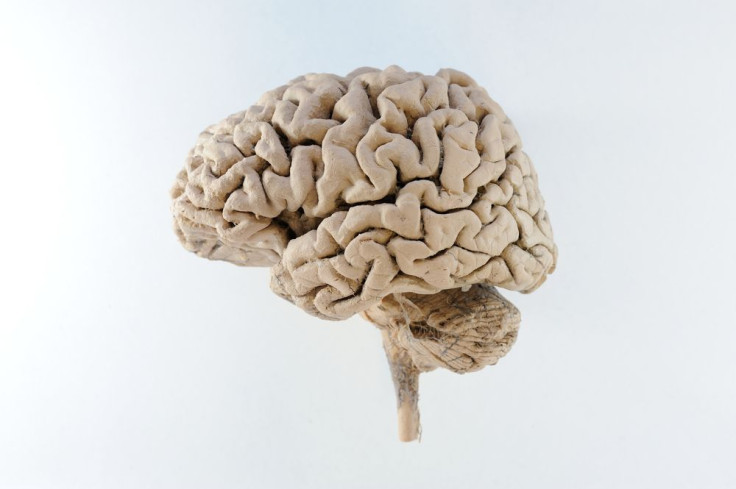Anxiety And Chronic Pain Sufferers Share Biological Mechanism, Could Lead To New Medications

Anxiety disorder is common among those with chronic pain, and vice versa. According to a study presented during this year’s ninth annual Canadian Neuroscience Meeting in Vancouver, British Columbia, the two may be linked biologically.
The novel research is a result of global collaboration with three different countries, said lead researcher Dr. Min Zhuo of the University of Toronto. The team worked together to identify the biological mechanism between neurons and the anterior cingulate cortex (ACC), where those with anxiety and pain experience increased activity. The ACC is generally a region of the brain involved with decision making and emotional regulation, as well as physiological regulation; think of blood pressure and heart rate.
In previous animal studies, Zhuo has found Long Term Potentiation (LTP), the process in which neurons transmit signals to one another, also occurs in the ACC. LTP is how persistent pain becomes chronic; essentially, LTP makes neurons more sufficient at transmitting these painful signals. Thus, inhibiting LTP reduces pain, Zhuo said. But how LTP influences anxiety is lesser known.
By using molecules that specifically block pre-LTP or post-LTP — pre refers to an increase signal between neurons, post increases receptors in neurons after the fact — Zhuo and his team found “a new form of pre-LTP that occurs in the ACC.” They also found while pre- and post-LTP is present for chronic and acute pain, only pre-LTP is present for chronic pain. Pre-LTP, too, was shown to produce anxiety. So blocking pre-LTP mediates anxiety, researchers concluded.
"It is novel to demonstrate that both pre- and post-LTP can take place at the same cortical synapse,” Zhuo said. "As compared with post-LTP, pre-LTP employs a different set of molecules to induce and express the injury-related potentiation; it provides new opportunities for us to discover new drugs that may selectively control anxiety [versus] pain in future."
The molecule is called NB001, and it works to specifically block pre-LTP. Zhuo has seen it achieve “powerful analgesic, or pain-reducing, effects in animal models of chronic pain.” He and his team will need to further investigate these signaling pathways, namely in humans, which Zhuo is confident will reveal new treatment options.
The National Alliance on Mental Illness reported anxiety disorders are the most common mental illnesses in America, while the American Academy of Pain Medicine cited 100 million Americans suffer from chronic pain, Both can be debilitating if sufferers don't seek help. Ask your doctor to explain available treatment options, which include both medication and lifestyle interventions.
Source: Zhuo M, et al. 9th Annual Canadian Neuroscience Meeting. 2015.



























